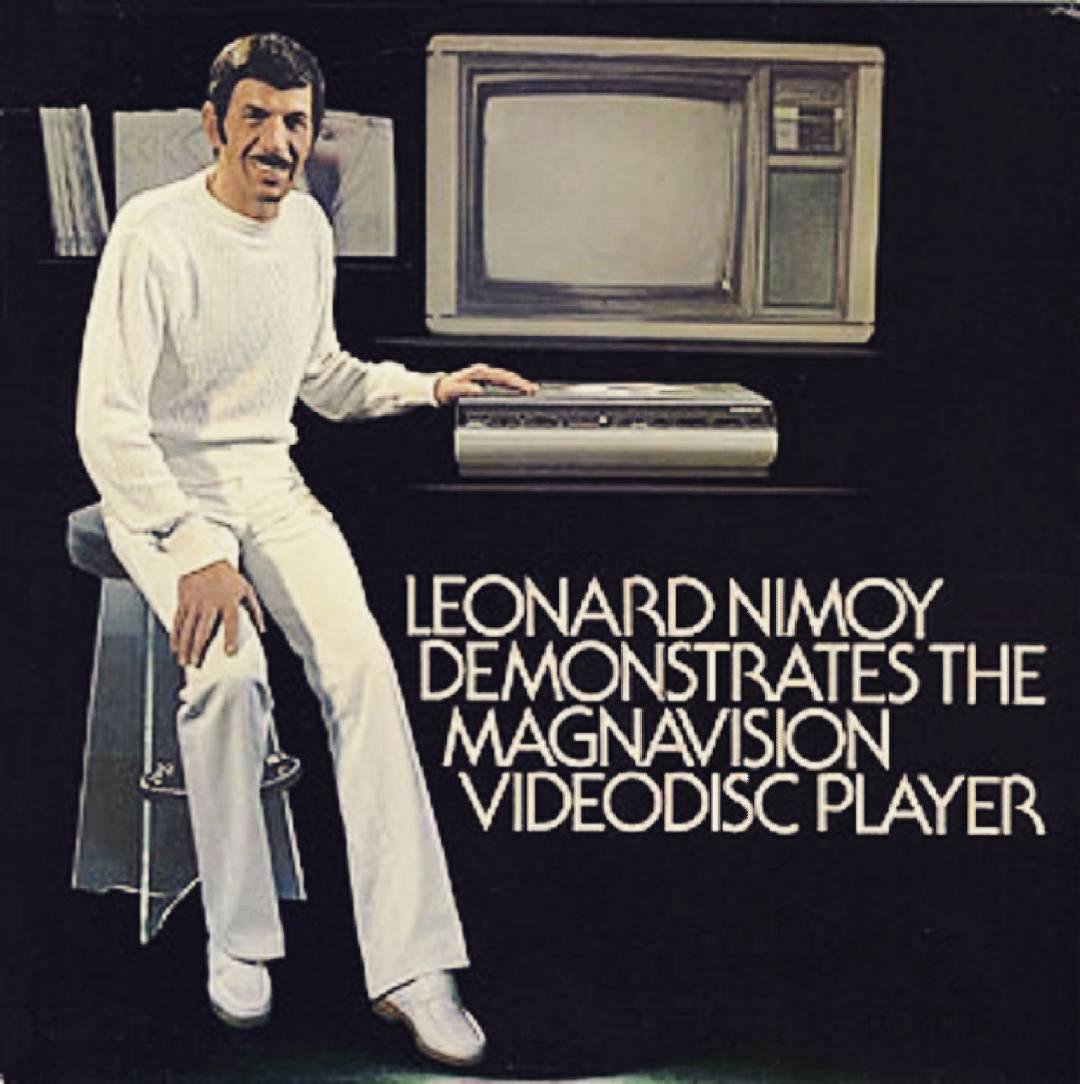
"They said it couldn't be done!"
I'm sorry, I'll read that again...
"They said it shouldn't be done!"
I'm sorry, I'll read that again...
"They said it shouldn't be done!"

I have been to Paris and I can confirm it looks like this. Everywhere. Even in La Dëfence. Everywhere. Like this. 

No seriously, all of Paris looks like this. All of it. Even McDonalds You know what they call a Big Mac in Paris? Nobody does, because it's full of people playing accordions and smoking. All of it. 

By popular request here's a link to the full album on YouTube: youtube.com/playlist?list=…
Don't thank me. It's what I do...
Don't thank me. It's what I do...

• • •
Missing some Tweet in this thread? You can try to
force a refresh

































